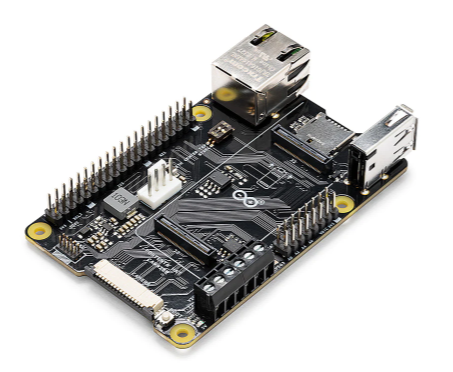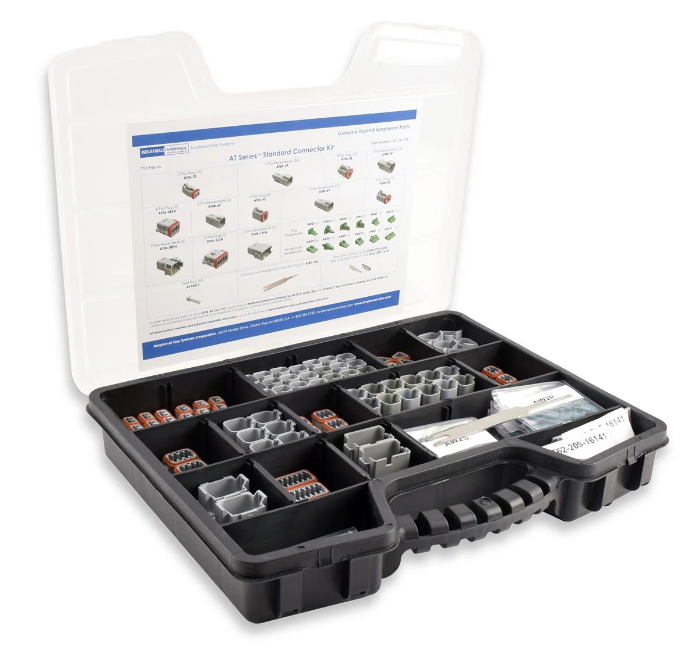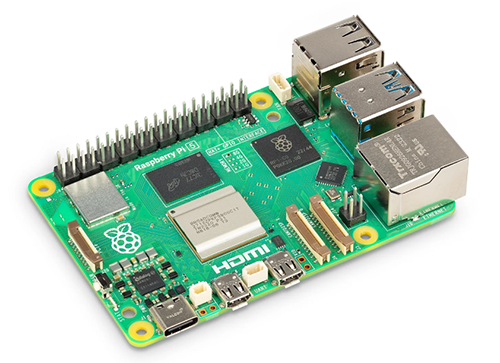£1.7 million funding boost for Orkney-based net zero regional aviation project
A project set to deliver the blueprint for net zero regional aviation in the UK has secured £1.7 million funding and added three new partners as it enters the next phase of development.
The Orkney-based Sustainable Aviation Test Environment (SATE) project secured the investment from the Future Flight Challenge at UK Research and Innovation as part of its funding competition.
The funding will support Phase 2 of SATE, led by Highlands and Islands Airports Ltd (HIAL), which aims to build on the success of the project which has already created the UK’s first low-carbon aviation test centre embedded at a commercial airport since launching in November 2020.
HIAL’s Kirkwall Airport is home to the test centre and builds upon the pioneering role Orkney has played in innovative community energy projects.
ARC Aero Systems, Hybrid Air Vehicles (HAV), and Cormorant SEAplanes have now joined the international consortium as technology partners, to bring access to new technologies which will complement the existing offering, while demonstrating a wider range of sustainable aviation technology.
HIAL Managing Director, Inglis Lyon, welcomed the new developments and said: “SATE plays a key role in supporting HIAL’s environmental objective to decarbonise our airport operations, as well as our long-term vision to become a net-zero carbon regional airport group.
“The addition of these new technology partners will help us take a step closer to real solutions for the future of sustainable aviation.”
SATE aims to demonstrate the next generation of air services and how they can be deployed within a regional aviation system, providing real solutions for the Highlands and Islands region.
The added technology includes:
- ARC Aero Systems’ heavy lift civil hybrid-electric vertical take-off and landing (eVTOL) aircraft
- HAV’s Airlander aircraft – an entirely new category of aircraft using a combination of buoyant lift from helium, aerodynamic lift (from air flow) to take off and vectored thrust to stay airborne
- Cormorant SEAplanes electric, hybrid-powertrain, 7-seat aircraft, with both land-only and amphibious capabilities
Chris Rijff, Managing Director of new SATE technology partner Cormorant SEAplanes Ltd, commented: “Cormorant looks forward to working with partners across the SATE programme. For a company such as ours, the opportunities from participation cannot be over-emphasised. SATE provides an ideal, practical developmental ecosystem with opportunities for working together so that we can progress toward realising a sustainable, air transport solution for remote community needs.
“Beyond this current, short-term project, we are looking to develop our flying proof-of-concept within the favourable development environment provided in Scotland – where significant market potential is apparent for Cormorant.”
Tom Grundy, CEO of Hybrid Air Vehicles, said: “We think of Airlander as the world’s most efficient large aircraft. It is a game-changer for regional air transportation.
“We are excited to demonstrate how our technology can contribute to a greener and more connected future in the Highlands and Islands and, in time, around the world. With the support of the SATE project and our fellow technology partners, we are confident that we can make a significant impact in advancing the next generation of air services in this wonderful part of Scotland.”
Dr Seyed Mohseni, CEO of ARC Aerosystems, added: “We are very grateful for Innovate UK support via SATE. This project will enable ARC Aerosystems to demonstrate and test our UAV capabilities within CAA regulatory requirements. It will support in creating system proved flight evidence at the first stage of our UK flight trials.
“This will demonstrate end user cases to support the needs of rural Scotland, such as mail deliveries, fisheries, oil and gas and windfarms with our eVTOL aircraft. ARC's mission is to connect communities and empower individuals via affordable, clean, fast, and accessible transportation.”
Launched in November 2020, the SATE project has seen pioneering sustainable aviation technology demonstration flights delivered, including:
- a successful collaboration between drone specialist technology firm Windracers with Royal Mail on autonomous flights
- demonstrations of Flare Bright’s parcel-sized gliding drone system
- the first hybrid electric flights for Scotland pioneered by Ampaire
SATE provides the blueprint for net zero regional aviation, placing the UK at the forefront of the transition to low carbon aviation. The project will provide an important step towards delivering HIAL’s ambitions to decarbonise operations by 2040.









